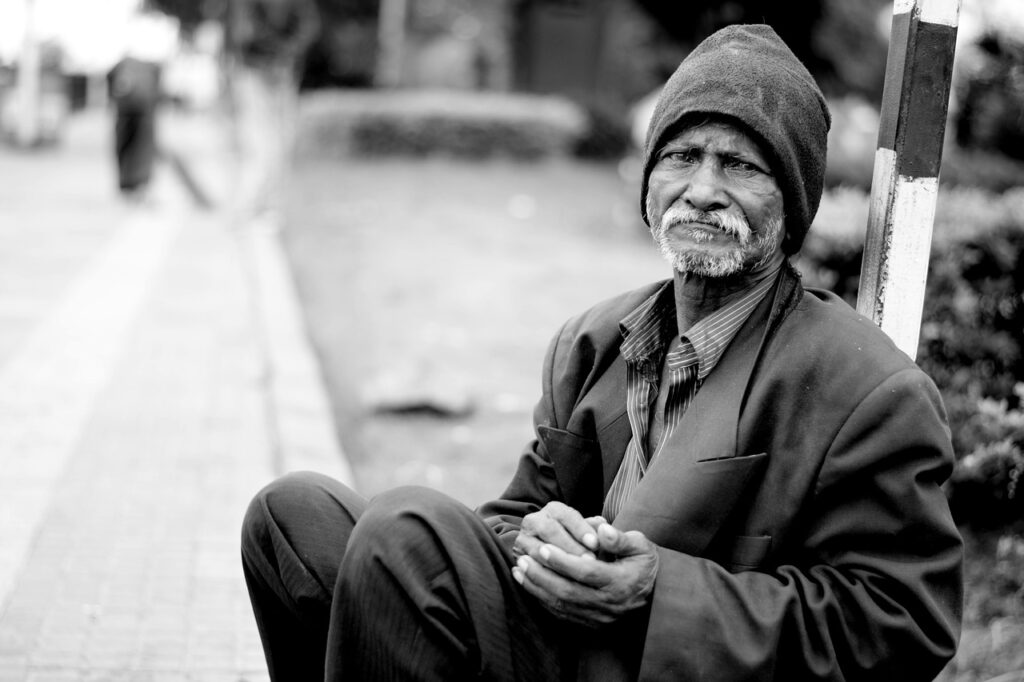New York, October 28 – Children from low-income families have been denied entrance to certain schools and landlords have closed the doors to possible tenants who live on social benefits, a U.N. special rapporteur on extreme poverty and human rights told a U.N. General Assembly committee.
“People are stereotyped and discriminated against purely because they are poor. This is frankly sickening and a stain on our society,” Olivier De Schutter told the assembly’s Third Committee, which deals with human rights questions and promotes effective enjoyment of human rights and fundamental freedoms.
“As the global rise in energy and food prices throws millions more into poverty, they must be protected not just from the horrors of poverty, but also from the humiliation and exclusion caused by the scourge of povertyism,” De Schutter said.
De Schutter asked the U.N. to ban what he called “povertyism” because “it is as pervasive, toxic and harmful as racism, sexism and other forms of discrimination and should be treated as such.”
He called on governments to urgently review their anti-discrimination laws, as well as consider “pro-poor” affirmative action, to ensure that povertyism is wiped out.
“The dangerously misplaced belief that people living in poverty are to blame for their condition, and therefore somehow socially inferior, has a firm grip on society and will not disappear on its own,” he said. “It is high time the law intervened to ban discrimination on grounds of socio-economic status, as many countries have already done with race, sex, age or disability.”
De Schutter said “negative stereotyping” of poor people is rife in social services which tend to treat them with suspicion and disdain. As a result, funds destined to assist the poor may remain unclaimed when potential beneficiaries walk away to avoid humiliation.
“Poverty will never be eradicated while povertyism is allowed to fester, restricting access to education, housing, employment and social benefits to those who need them the most,” De Schutter said. “The world is finally waking up to the injustices of racism, sexism and other forms of discrimination, and putting laws in place to stop them from destroying people’s lives.”
The committee was discussing a new report, which finds that “povertyism” has become firmly entrenched in public and private institutions, largely because decision-making positions tend to be held by those from higher-income backgrounds, skewing the system against people in poverty.
The report, in the form of a U.N. resolution, said in its introduction that “discrimination is part of the daily experience of people in poverty. It restricts access to employment, education, housing or social services. It may result in certain social goods or programmes not reaching people in poverty owing to discriminatory treatment by officials, employers or landlords, or to the fear of maltreatment.”
“It discourages people who experience poverty from applying for a job, or from claiming certain benefits: it is thus a major source of non-take-up of rights.”
In the report, De Schutter identified “povertyism as negative stereotyping against the poor – as part of the experience of living on low incomes” and he “described how the realization of socioeconomic rights depends on people in poverty being protected from discrimination.”
“Stereotyping the poor as “lazy”, as unable to keep their commitments or otherwise blaming them for their poverty feeds prejudice against them. This picture of poverty as attributable to a failure of the individual appears particularly dominant in countries where the welfare system is less developed and protective,” the report said.
(By J. Tuyet Nguyen)
United Nations correspondent journalists – United Nations correspondent journalists – United Nations correspondent journalists – United Nations journalism articles – United Nations journalism articles – United Nations journalism articles – United Nations News – United Nations News – United Nations News

